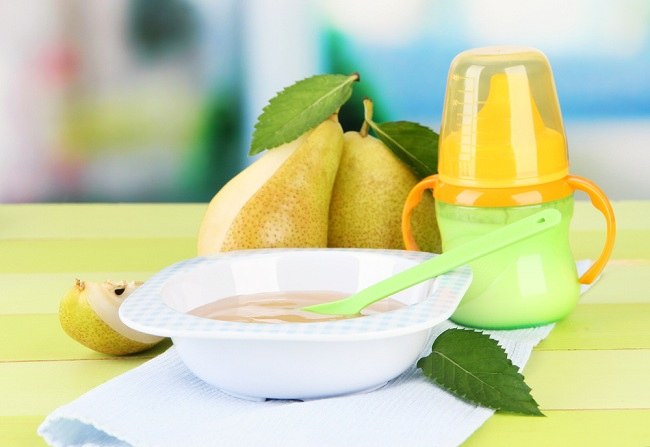It is important for parents to be more alert and know what the symptoms of liver disease in children are. The reason is, this disease is a condition that is quite dangerous and must be treated immediately when a child experiences it.
Liver or liver disease is a variety of disorders of the liver that interfere with the function of the organ. Liver disease is not only experienced by adults, but also infants and children. In children, the causes of liver disease can vary, ranging from heredity, infection, poisoning, to genetic disorders.

In some cases, liver disease in children can occur due to transmission of the hepatitis virus. In infants, the hepatitis virus can be transmitted by pregnant women to their fetuses in the womb.
Symptoms of Liver Disease in Children
Liver disease in children can cause very diverse symptoms and each child can experience different symptoms. Some children with liver disease appear healthy or have no symptoms, while others appear sick or cranky.
The following are some of the symptoms of liver disease in children to watch out for:
- The color of the eyes and skin becomes yellowish (jaundice)
- Stomach ache
- Swelling in the feet or ankles
- Enlarged and swollen abdomen (ascites)
- Itchy skin
- The child looks weak and doesn't want to eat or drink
- Dark urine color
- Easy bruising or nosebleeds
- Nausea and vomiting
- Child's feces or stools appear whitish
In severe cases, liver disease in children can cause children to experience severe symptoms, such as seizures, loss of consciousness or coma, and vomiting blood. Some children who suffer from liver disease can also experience developmental disorders.
Therefore, it is important for parents to know what symptoms can appear if their child has liver problems. If your child shows the symptoms mentioned above, don't delay taking your child to the doctor.
This is important so that early detection can be done and treatment can be given immediately so as to minimize the possibility of serious complications.
Tips for Preventing Liver Disease in Children
There are several ways that parents can do to prevent liver disease in children, namely:
1. Pay attention to the quality of the food
Make sure the food that your child consumes has been washed until it is completely clean and perfectly cooked. Unwashed and undercooked food allows viruses or parasites that cause liver disorders to be left in the food and enter the Little One's body when he eats it.
In addition to paying attention to the quality of the food served, make it a habit for your little one to wash their hands every time before and after eating. Give your little one good food for his heart, such as tofu, milk, and various fruits and vegetables.
Also avoid giving him foods that contain lots of sugar, salt, and saturated fat or cholesterol, because they can damage the liver.
2. Be careful when using disinfectant spray
If you want to use a room cleaning spray, make sure the room where your little one plays and sleeps has good ventilation. Move your little one to another area before spraying. The reason is, room cleaning spray contains substances that can damage the liver if inhaled and enter the body.
3. Get vaccinated
Make sure your child has received the vaccine according to the recommended immunization schedule. One of the important vaccines that children get to prevent liver disease is the hepatitis B vaccine. If any vaccine dose is missed, immediately consult a doctor so that the doctor can rearrange the administration of the vaccine.
4. Routinely check the content
The fetus can be infected with the hepatitis B virus while still in the womb, if the mother has hepatitis B during pregnancy. Therefore, it is important for pregnant women to routinely carry out obstetrical examinations during pregnancy to ensure whether the fetus is healthy and at risk for liver disorders due to the hepatitis B virus.
If a pregnant woman has hepatitis B and is at risk of transmitting the virus to her fetus, the doctor will provide treatment to prevent and treat liver disorders in the fetus.
5. Make sure your child is exercising regularly
Start teaching your little one to get used to exercising. Choose light exercise, such as cycling or just walking leisurely for about 1 hour a day. This is important because exercise can make children less susceptible to liver disease and other diseases.
6. Avoid using drugs or supplements without a doctor's supervision
Avoid giving any medicine or supplements to children, including those made from herbs, without consulting a doctor. The reason is, not a few drugs that can cause interference with the liver and even other organs. Giving drugs to children should be consulted with a doctor first.
In addition, parents also need to make efforts to prevent liver disease in children by regularly checking their children's health to the doctor. So, treatment can be given immediately when the child is detected to have problems with the liver or other organs, before complications or serious damage occur.









